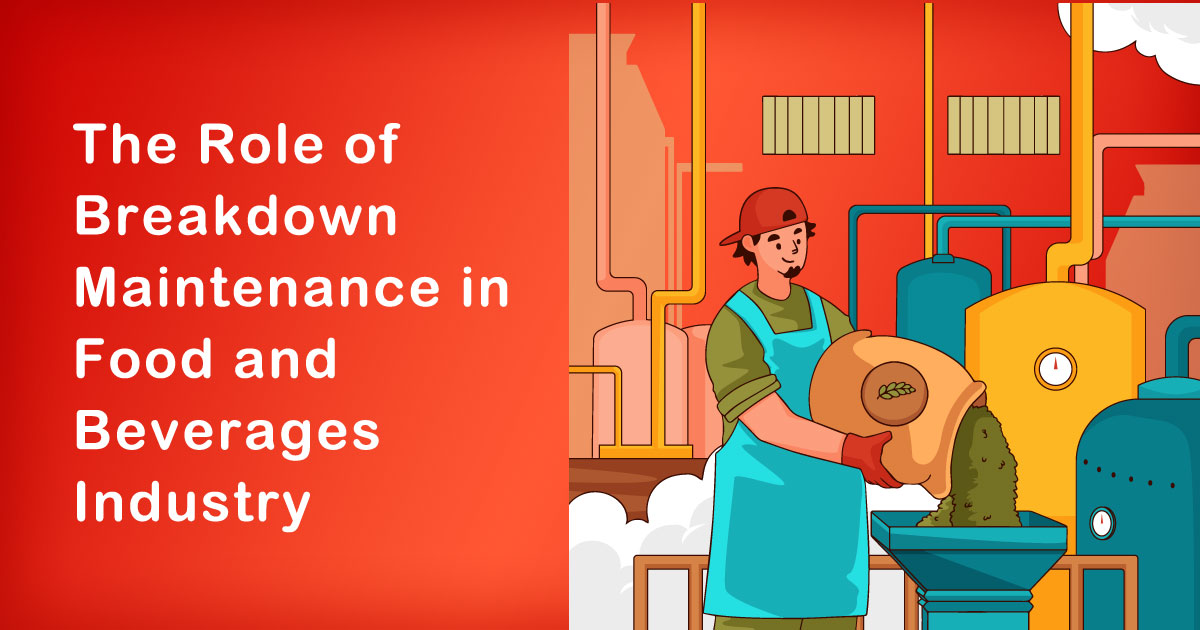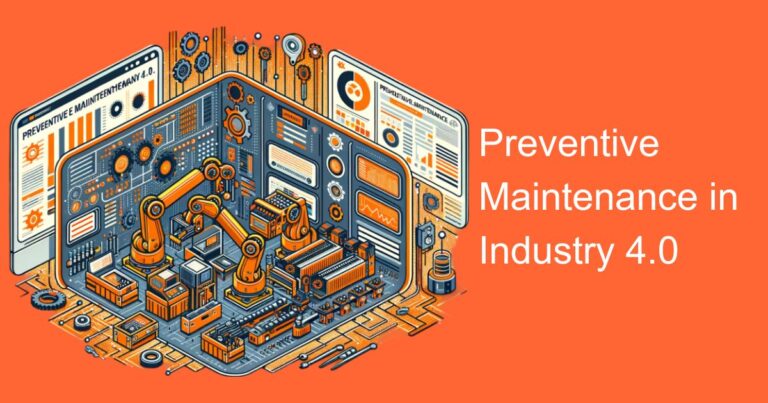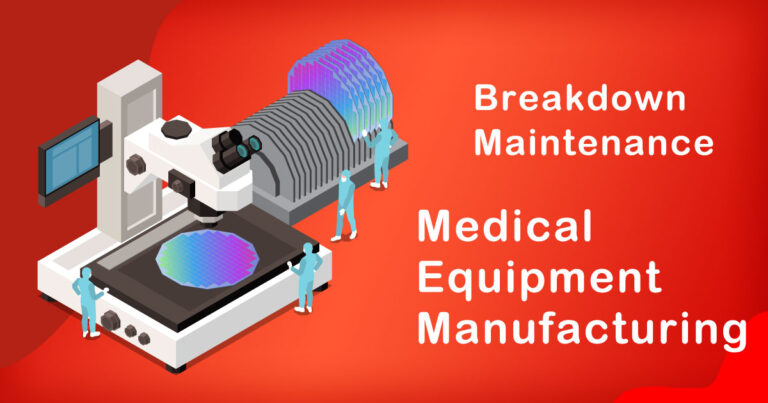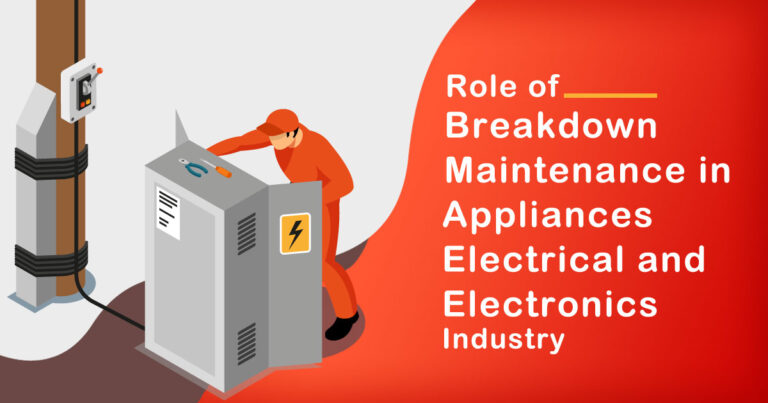Introduction
In the fast-paced world of the food and beverages industry, operational efficiency and uninterrupted production are paramount. Any unforeseen equipment breakdowns can result in significant losses, both in terms of time and resources. Breakdown maintenance plays a crucial role in minimizing downtime and ensuring the smooth functioning of machinery. This article explores the importance of breakdown maintenance in the context of the Indian food and beverages industry, providing valuable insights and facts.
The Significance of Breakdown Maintenance
Breakdown maintenance, also known as reactive maintenance or corrective maintenance, refers to the repair and restoration of equipment after it has malfunctioned or experienced an unexpected breakdown. While preventive and predictive maintenance strategies are essential, breakdown maintenance serves as a crucial fallback option for unforeseen circumstances.
1. Cost Implications
Equipment breakdowns can have significant financial implications for food and beverages manufacturers. Unplanned downtime can lead to delays in production, product spoilage, and missed delivery deadlines. According to a study conducted by the Indian Institute of Technology Bombay, unplanned downtime can cost the industry up to 20% of its annual revenue. Breakdown maintenance helps reduce these losses by swiftly addressing equipment failures and minimizing production disruptions.
2. Equipment Longevity
Neglecting breakdown maintenance can lead to further deterioration of equipment. Unaddressed issues can escalate into major failures, requiring more extensive repairs or even equipment replacements. Regularly conducting breakdown maintenance not only helps resolve immediate problems but also prevents minor issues from snowballing into more significant challenges. This proactive approach extends the lifespan of equipment and reduces capital expenditures in the long run.
Key Considerations in Breakdown Maintenance
To optimize the effectiveness of breakdown maintenance, food and beverages manufacturers should focus on the following aspects:
1. Well-Defined Protocols
Establishing clear protocols for responding to breakdowns is essential. Companies should outline a step-by-step process for reporting and addressing equipment failures promptly. This ensures that breakdowns are handled systematically and efficiently, reducing downtime.
2. Skilled Workforce
Having a skilled maintenance team is crucial for effective breakdown maintenance. Technicians should possess the necessary expertise to diagnose and repair a wide range of equipment failures. Regular training programs and knowledge-sharing initiatives help enhance their skills and keep them updated with the latest technological advancements.
3. Spare Parts Inventory
Maintaining an adequate inventory of spare parts is vital to minimize equipment downtime. Identifying critical components and ensuring their availability can significantly reduce the time required for repairs. Companies should establish strategic partnerships with suppliers to streamline the procurement process and ensure quick access to spare parts.
Technology and Breakdown Maintenance
Leveraging technology can greatly enhance the efficiency of breakdown maintenance processes. Several advanced technologies are being adopted in the Indian food and beverages industry to improve equipment reliability and reduce downtime:
1. Condition Monitoring Systems
Condition monitoring systems utilize sensors and data analytics to continuously monitor equipment performance. By detecting early warning signs of potential failures, these systems enable proactive maintenance, minimizing breakdowns and optimizing production uptime.
2. Internet of Things (IoT)
IoT-enabled devices facilitate real-time monitoring and remote diagnostics of equipment. This technology allows maintenance teams to identify issues and address them promptly, even from a remote location. IoT-based solutions are gaining popularity in India, with companies adopting smart sensors and connected equipment to improve breakdown maintenance.
Best Practices for Breakdown Maintenance
Incorporating the following best practices can enhance the effectiveness of breakdown maintenance:
1. Regular Inspections
Scheduled inspections of equipment can help identify potential issues before they lead to breakdowns. Visual inspections, lubrication checks, and performance evaluations should be conducted at predetermined intervals to ensure optimal functioning.
Documentation and Analysis
Maintaining detailed records of breakdown incidents is crucial for analysis and process improvement. By analyzing trends and common failure patterns, manufacturers can take proactive measures to prevent future breakdowns and optimize maintenance strategies.
Conclusion
Breakdown maintenance is an integral part of the food and beverages industry, ensuring smooth operations and minimizing production disruptions. By addressing equipment failures promptly, manufacturers can reduce downtime, enhance productivity, and safeguard their bottom line. Implementing well-defined protocols, maintaining a skilled workforce, and leveraging technology are essential to maximize the effectiveness of breakdown maintenance. With careful attention to these factors, Indian food and beverages companies can thrive in an increasingly competitive market.








